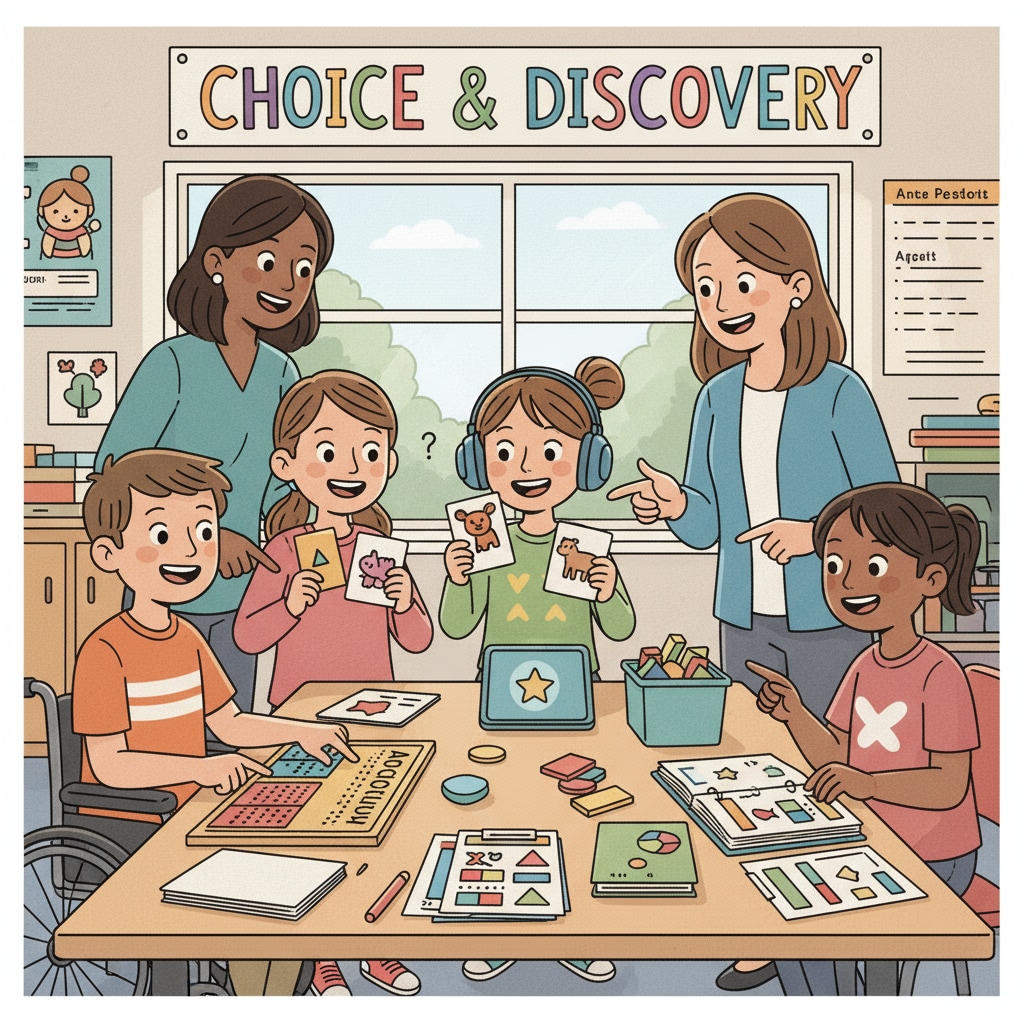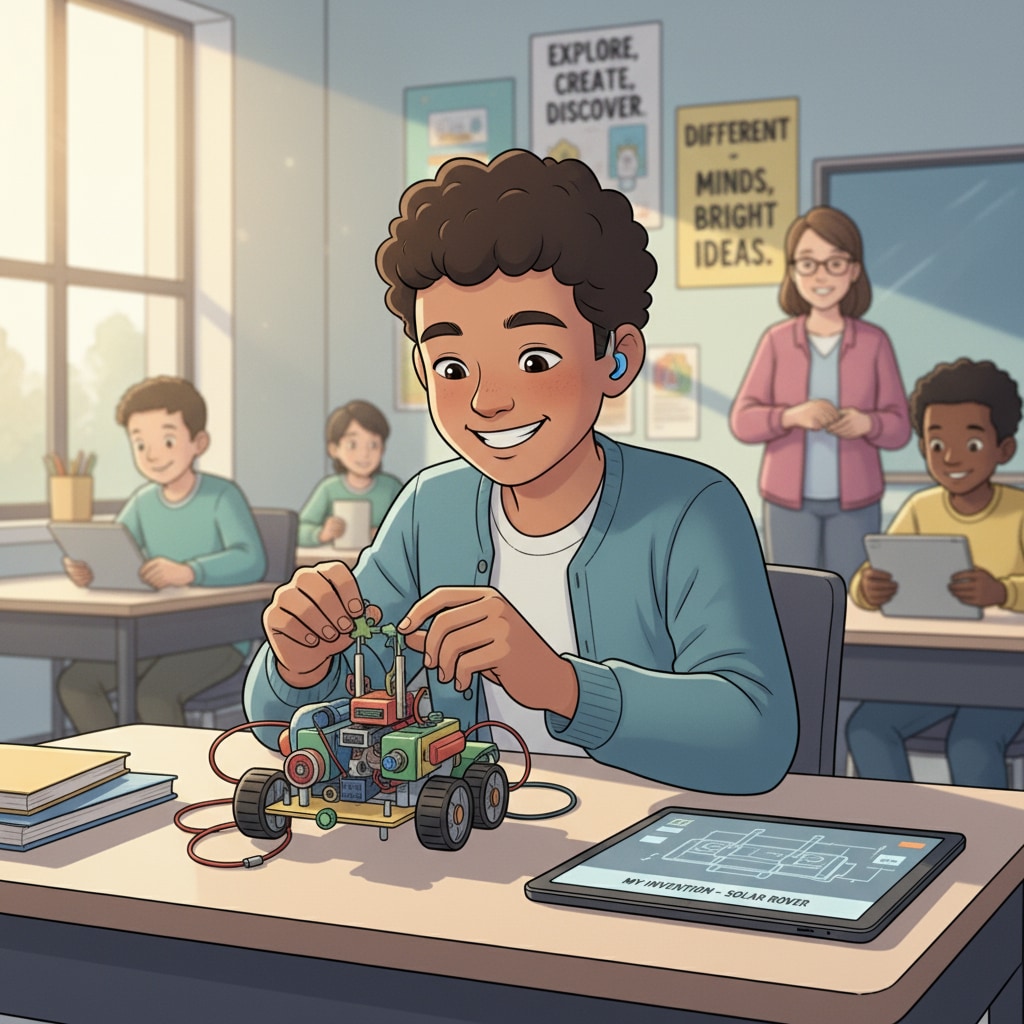In the realm of special education, the concepts of autonomous decision-making, academic choices, and equal treatment are of utmost significance. Special education is not meant to be a realm of limitations but rather a catalyst for possibilities. Just as every student in general education has the right to shape their educational journey, students in special education deserve the same opportunities to make choices that affect their learning and lives.

The Shift from Protection to Empowerment
Traditionally, special education has often been approached from a “protection” mindset. Educators aimed to safeguard students with special needs from potential difficulties. However, this well-intentioned approach sometimes inadvertently limited students’ autonomy. For example, decisions about curriculum, teaching methods, and even daily activities were often made without much input from the students themselves. According to ASHA’s guide on special education rights, students have the right to be involved in educational decision-making. Shifting to an “empowerment” practice means recognizing that students, regardless of their special needs, have the ability to express preferences and make choices that matter.
The Impact on Academic Choices
When students in special education are given the autonomy to make academic choices, it can significantly enhance their learning experience. For instance, they can choose the subjects that interest them or the learning methods that suit their unique styles. This not only increases their engagement in the learning process but also boosts their confidence. As stated in Understood.org’s article on students’ voices in special education, students who are involved in academic decision-making are more likely to take ownership of their learning. When a student with dyslexia is allowed to choose audio-based learning materials over traditional text, it can lead to better comprehension and academic progress.

In addition to academic choices, equal treatment is fundamental in special education. All students, regardless of their disabilities, should be treated equally in terms of opportunities, resources, and expectations. This doesn’t mean ignoring their differences but rather providing individualized support while maintaining high standards for all. By doing so, we create an inclusive environment where every student feels valued and has the chance to thrive.
Readability guidance: By highlighting the importance of autonomous decision-making, academic choices, and equal treatment in special education, we can revolutionize the way we educate students with special needs. It’s time to empower these students to take control of their educational journey and pursue their dreams, no matter how challenging the path may seem.


